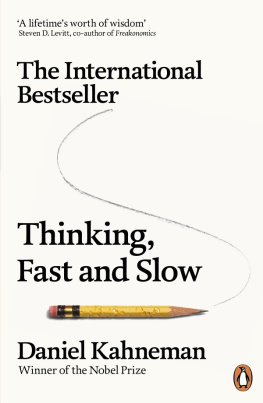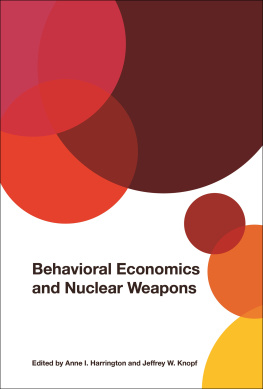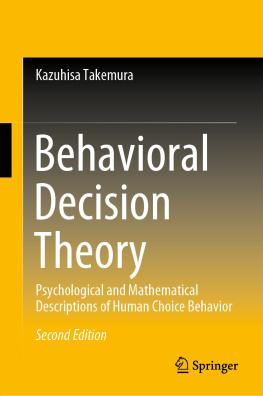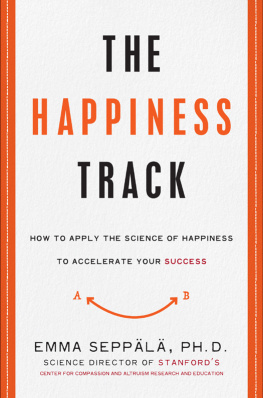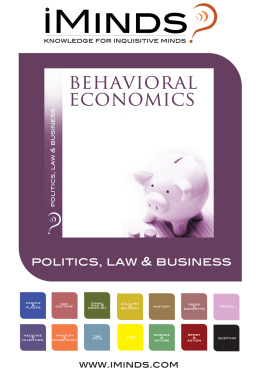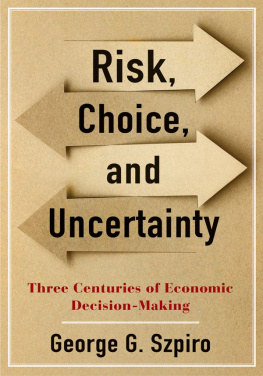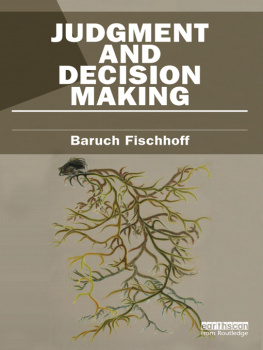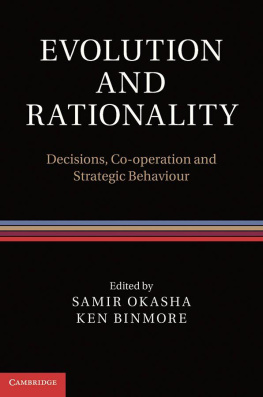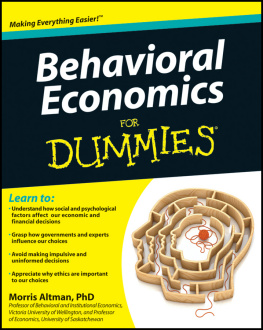Choices, Values, and Frames
This book presents a selection of the research that grew from the editors early collaboration on Prospect Theory, the landmark article that offered the first compelling alternative to the standard rational agent model of choice under risk. In the spirit of the highly influential volume Judgment Under Uncertainty, first published in 1982, this book collects numerous theoretical and empirical articles that have become classics, important extensions, and applications that range from principles of legal compensation to the behavior of New York cab drivers on busy days. Several surveys prepared especially for this volume illustrate the scope and vigor of the behavioral study of choice.
Theoretically elegant and empirically robust, the research collected in this volume represents an approach to the science of decision making that has influenced numerous fields of study, including decision theory, behavioral economics and behavioral finance, consumer psychology, the study of negotiation and conflict, medical decision making, legal analysis and practice, well-being studies, political science, and philosophical investigations of rationality and ethics. The book provides an accessible introduction to the study of decision-making behavior and is an indispensable reference source for students and specialists.
____________________
Daniel Kahneman and the late Amos Tversky have started a new perspective on the traditional economic categories of choice, decision, and value. A series of experimental and empirical studies by them and others have rejected traditional assumptions of rationality. Even more importantly, these scholars have developed alternative generalizations with significant predictive power and have found empirical verification for them. This outstanding collection of studies will make these new results readily accessible.
Kenneth J. Arrow, Nobel Memorial Laureate in Economic Science, Stanford University
____________________
Daniel Kahneman is Eugene Higgins Professor of Psychology and Professor of Public Affairs at the Woodrow Wilson School of Public Affairs, Princeton University.
The late Amos Tversky (19371996) was DavisBrack Professor of Behavioral Science at Stanford University.
CHOICES, VALUES, AND FRAMES
Edited by
DANIEL KAHNEMAN
Princeton University
AMOS TVERSKY
Stanford University
Russell Sage Foundation

CAMBRIDGE UNIVERSITY PRESS
Cambridge, New York, Melbourne, Madrid, Cape Town, Singapore, So Paulo, Delhi
Cambridge University Press
32 Avenue of the Americas, New York, NY 10013-2473, USA
www.cambridge.org
Information on this title: www.cambridge.org/9780521621724
Cambridge University Press 2000
Russell Sage Foundation
This publication is in copyright. Subject to statutory exception and to the provisions of relevant collective licensing agreements, no reproduction of any part may take place without the written permission of Cambridge University Press.
First published 2000
10th printing 2009
Printed in the United States of America
A catalog record for this publication is available from the British Library.
Library of Congress Cataloging in Publication Data
Choices, values, and frames / edited by Daniel Kahneman, Amos Tversky
p. cm.
ISBN 0-521-62172-0 ISBN 0-521-62749-4 (pbk.)
1. Decision making. 2. Uncertainty. 3. Risk-taking (Psychology). 4. Value.
I. Kahneman, Daniel, 1934. / II. Tversky, Amos.
HD30.23.C469 2000
658.403dc21 99-059883
ISBN 978-0-521-62172-4 hardback
ISBN 978-0-521-62749-8 paperback
Cambridge University Press has no responsibility for the persistence or accuracy of URLs for external or third-party Internet Web sites referred to in this publication and does not guarantee that any content on such Web sites is, or will remain, accurate or appropriate. Information regarding prices, travel timetables, and other factual information given in this work are correct at the time of first printing, but Cambridge University Press does not guarantee the accuracy of such information thereafter.
Contents
Daniel Kahneman and Amos Tversky
Daniel Kahneman and Amos Tversky
Amos Tversky and Daniel Kahneman
Draen Prelec
Amos Tversky and Craig R. Fox
Craig R. Fox and Amos Tversky
Amos Tversky and Daniel Kahneman
Daniel Kahneman, Jack L. Knetsch, and Richard H. Thaler
Jack L. Knetsch
Ian Bateman, Alistair Munro, Bruce Rhodes, Chris Starmer, and Robert Sugden
Matthew Rabin
Amos Tversky and Daniel Kahneman
Eric J. Johnson, John Hershey, Jacqueline Meszaros, and Howard Kunreuther
Richard H. Thaler
Richard H. Thaler
Colin F. Camerer
Shlomo Benartzi and Richard H. Thaler
Daniel Kahneman, Jack L. Knetsch, and Richard H. Thaler
Eldar Shafir, Peter Diamond, and Amos Tversky
Colin F. Camerer, Linda Babcock, George Loewenstein, and Richard H. Thaler
Terrance Odean
Daniel Kahneman and Dan Lovallo
Colin F. Camerer and Dan Lovallo
David Cohen and Jack L. Knetsch
George A. Quattrone and Amos Tversky
Daniel Kahneman and Amos Tversky
Paul Slovic
Amos Tversky, Shmuel Sattath, and Paul Slovic
Amos Tversky and Itamar Simonson
Craig R. Fox and Amos Tversky
Christopher K. Hsee
George F. Loewenstein and Draen Prelec
George Loewenstein and Draen Prelec
Eldar Shafir, Itamar Simonson, and Amos Tversky
Baruch Fischhoff
Daniel Kahneman, Ilana Ritov, and David Schkade
Daniel Kahneman
Daniel Kahneman
Amos Tversky and Dale Griffin
George Loewenstein and Daniel Adler
Itamar Simonson
Daniel Kahneman
Preface
This preface is not the one that Amos Tversky and I intended to write. Soon after Amos learned early in 1996 that he only had a few months to live, we decided to edit a joint book on decision making that would collect much of our work on this topic and congenial research by others. The collection was to be a sequel and companion to a volume on heuristics and biases of judgment that we had edited together with Paul Slovic many years earlier, and a substitute for a book that Amos and I had promised the Russell Sage Foundation.
Most of the editorial task was completed quickly, although some new pieces that Amos wanted to include notably one that I was to write were only completed long after he was gone. The problem of writing a preface was more difficult than finding articles we liked. Our initial aspirations for the preface were high; we were going to write a broad essay presenting a view of how the field had changed in the preceding 20 years. But we ran out of time before we had a presentable product. Amos advised me to trust the model of me that is in your mind and write for both of us. This was not advice that I was able to follow: the risk of writing in his name statements that he might have rejected proved intimidating to the point of paralysis. I chose to take the smaller risk of writing on my own and in a more personal vein than we would have adopted if we had written jointly. My intent is to provide a perspective on some dominant themes of this book by tracing them to the years that we spent working closely together on the problem of choice.


